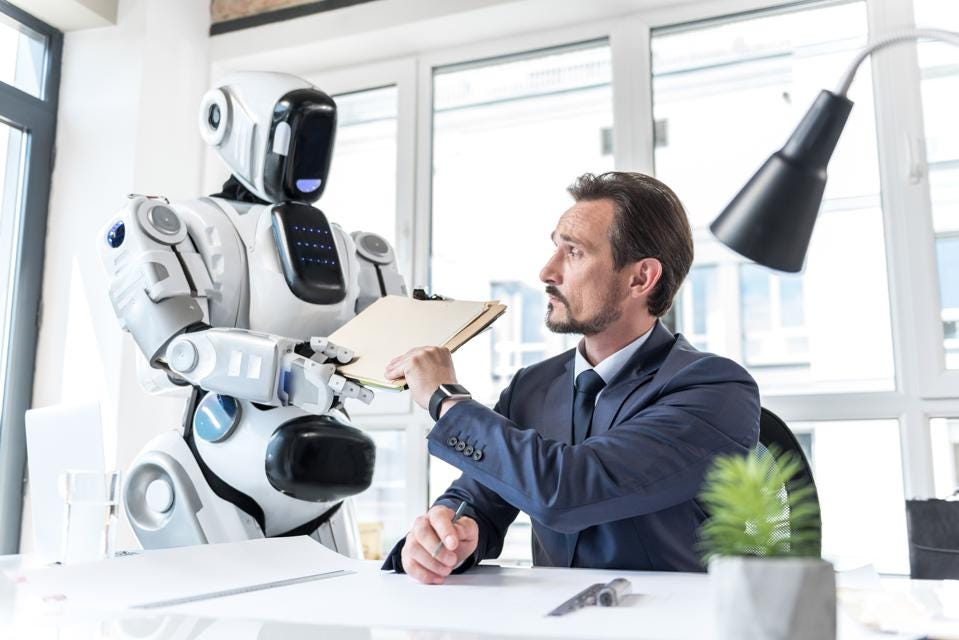Artificial Intelligence (AI) has been rapidly advancing, revolutionizing industries and transforming the way we work. While AI brings tremendous opportunities for innovation and efficiency, it also raises concerns about job displacement and the future of work. As AI continues to evolve, it is inevitable that certain jobs will be automated, leading to significant changes in the labor market. However, rather than fearing this transformation, it’s crucial for individuals and societies to proactively adapt to the changing landscape.
One of the key areas where AI is poised to replace jobs is in routine, repetitive tasks. Jobs such as data entry, customer service, and assembly line work are increasingly being automated, as AI systems can perform these tasks faster, more accurately, and at a lower cost than humans. Similarly, in industries like transportation and logistics, the rise of autonomous vehicles and drones threatens to displace millions of jobs traditionally held by drivers and delivery workers.
While job displacement due to AI automation is inevitable, it’s important to recognize that AI also creates new opportunities for employment. As AI systems take over routine tasks, humans can focus on higher-level cognitive activities that require creativity, critical thinking, and emotional intelligence—areas where machines still struggle to match human capabilities. This shift towards more complex and meaningful work has the potential to enhance job satisfaction and overall well-being.
To adapt to the changing job market driven by AI, individuals need to embrace lifelong learning and continuous skill development. This means staying abreast of technological advancements, acquiring new skills that are in demand, and being open to retraining and upskilling as needed. In a world where job roles are constantly evolving, adaptability and versatility are key traits for staying relevant in the workforce.
Furthermore, governments, educational institutions, and businesses must collaborate to ensure that individuals have access to the resources and support they need to thrive in the age of AI. This includes investing in education and training programs that equip people with the skills needed for the jobs of the future, as well as implementing policies that promote workforce reskilling and mobility.
Moreover, as AI continues to reshape the labor market, it’s essential to address the societal implications of job displacement. This includes providing social safety nets and income support for those whose jobs are automated, as well as fostering a culture of lifelong learning and entrepreneurship that empowers individuals to adapt and thrive in a rapidly changing economy.
In conclusion, while the rise of AI may lead to job displacement in certain sectors, it also presents opportunities for innovation, growth, and meaningful work. By embracing lifelong learning, fostering adaptability, and investing in education and support systems, individuals and societies can navigate the challenges of AI-driven automation and create a future where technology complements human capabilities, rather than replacing them.
Team T2S1.

